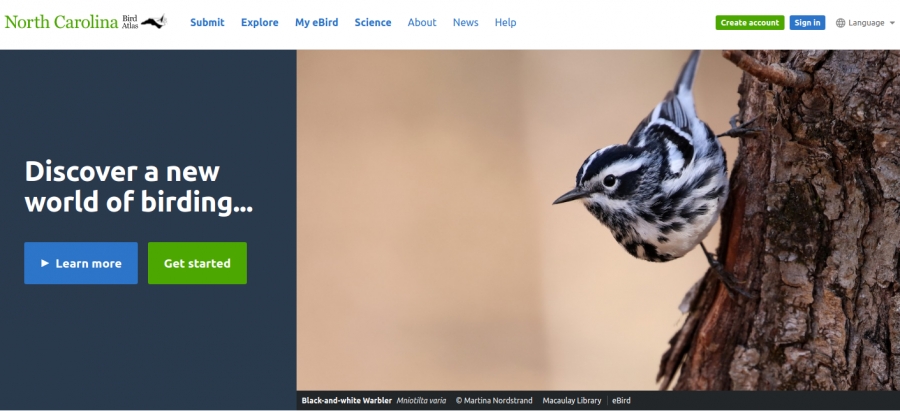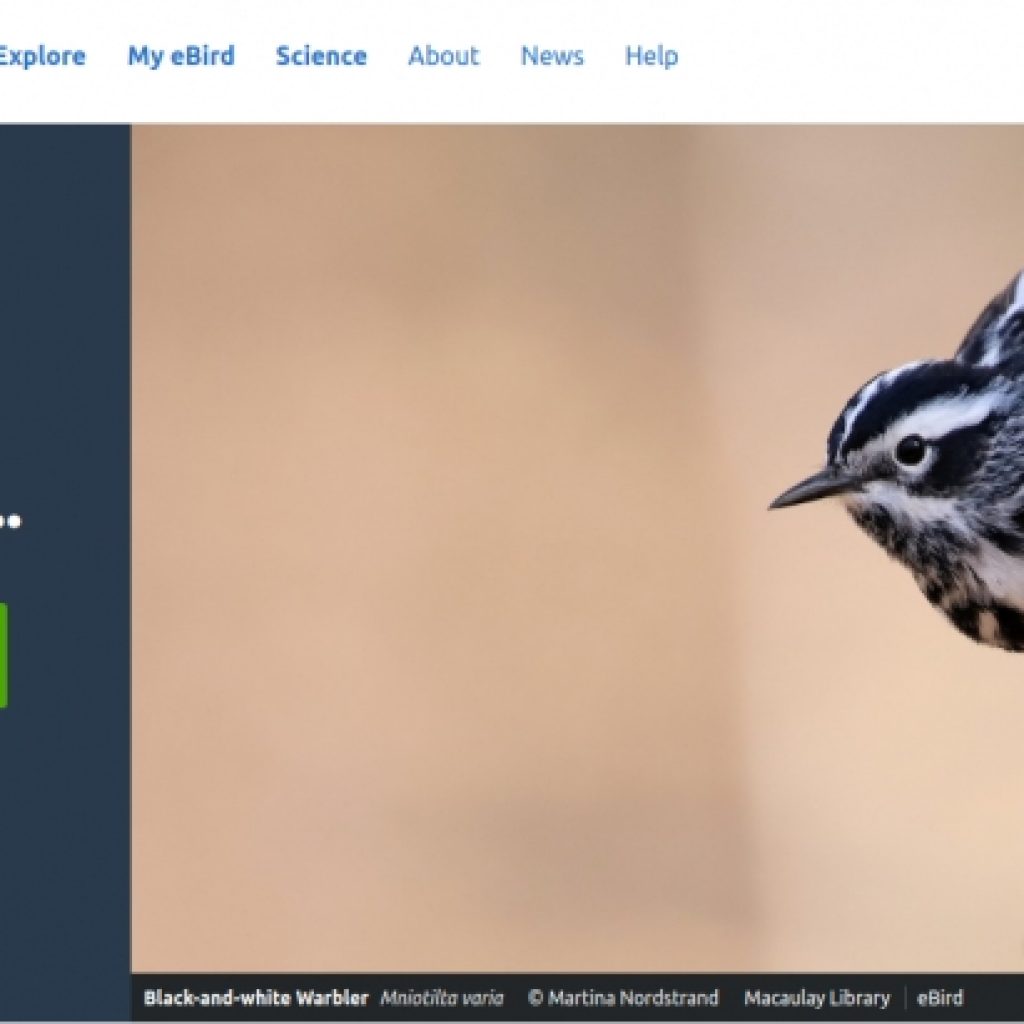
RALEIGH — Biologists with the N.C. Wildlife Resources Commission are asking the public to join the NC Bird Atlas team to participate in the Early Winter Bird Atlas season by recording their bird observations in Ebird. Nearly 100 bird species migrate to North Carolina this time of year and the NC Bird Atlas needs the public’s assistance in recording sightings.
Birders, hunters, and conservation enthusiasts are encouraged to get involved. Places to observe birds such as snow geese and fox sparrows range from your backyard to open bodies of water.
“Shrubby areas that provide cover and plants that have berries through the winter, such as Winterberry Holly and Eastern Red Cedar, provide great opportunities for bird sightings,” said Paula Mandarino, birding trail coordinator with the Wildlife Commission.
Mandarino added that seed producing trees, such as American Beech and various oaks, attract foraging flocks of Wild Turkey and Northern Bobwhite; and forests and shrublands provide ample cover for White-throated Sparrows, Dark-eyed Juncos and other species.
“In open grasslands, you might find Horned Larks and Northern Harriers. In fields full of thistle, goldenrod and other plants that produce seeds, you might find flocks of foraging Goldfinches or Carolina Chickadees,” said Mandarino.
Migrating birds will be present in North Carolina for a short window of time. The Early Winter Bird Atlas season runs Nov. 1 – Dec. 31. For more information on the NC Bird Atlas, getting started guides, tutorials and winter atlas techniques, visit www.ncbirdatlas.org.
About the NC Bird Atlas
The North Carolina Bird Atlas is a statewide community science project led by the N.C. Wildlife Resources Commission and partner groups, including NC State University, North Carolina Natural Heritage Program, Audubon North Carolina, U.S. Fish and Wildlife Service, University of North Carolina at Wilmington and Catawba College. The project’s mission is to mobilize thousands of volunteer birdwatchers across the state to log all bird species over the span of five years. The data collected will help state wildlife officials, land managers, and conservation organizations make important conservation decisions. More information about the NC Bird Atlas and volunteer opportunities can be found at ncbirdatlas.org, or email coordinator@ncbirdatlas.org.



